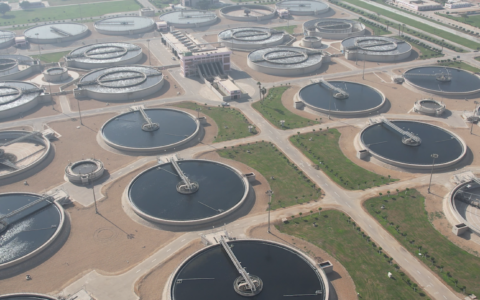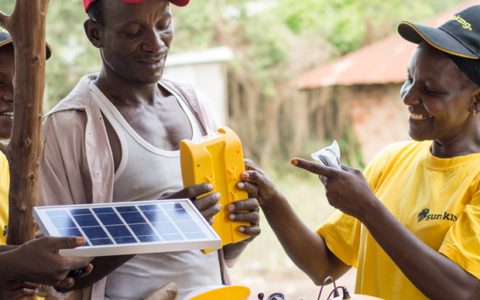Emerging Africa Infrastructure Fund
Emerging Africa Infrastructure Fund
Project Overall Goal
Blended multi-donor fund that operates as a specialized development finance institution (DFI) providing debt financing for sustainable and climate-related infrastructure investments in Africa.
Executive Summary
The Emerging Africa Infrastructure Fund Ltd (EAIF) is a blended multi-donor fund that operates as a specialized development finance institution (DFI). EAIF has a 15-year track record, providing $713 million in financing to 71 private infrastructure projects across Africa to date. Most recently, EAIF successfully attracted $120 million in commercial capital from Allianz – a global financial institution. Nearly half of EAIF’s capital is invested in the least developed countries as defined by the Organisation for Economic Cooperation and Development (OECD).
As of 2018, EAIF has provided USD 713 million in financing to 71 private infrastructure projects across the African continent. Project types financed vary, including water treatment plants, renewable energy projects, and other critical infrastructure. Implemented projects from EAIF financing are estimated at having impacted upwards of 123 million Africans and created approximately 36,500 jobs.
Four donor agencies established PIDG in early 2002. PIDG is a donor-financed group that provided a platform in which the four members could co-ordinate activities related to promoting private investment in infrastructure development. The four founding PIDG members then established the first debt fund focused on infrastructure in sub-Saharan Africa: The Emerging Africa Infrastructure Fund Ltd (EAIF). PIDG aims to be a “bureaucracy-light, delivery-heavy” structure. PIDG members govern the overall strategy and policies for PIDG activities, while delegating corporate governance for activity-specific strategies, business plans, and day-to-day operations. PIDG members set the investment policies, code of conduct and operating policies and procedures. PIDG members select the board of directors and hold PIDG accountable for all activities of the group through regular reporting, including annual general meetings.
Socioeconomic impacts of the Project include the approximately 36,500 jobs created from infrastructure financing, and the leveraging of commercial capital into local economies (~USD 1.49 of commercial capital mobilized for every USD 1 of concessional capital). Additionally, infrastructure projects financed by EAIF bring social improvements (e.g., increased sanitation services through water related infrastructure projects) that have not been fully assessed.






